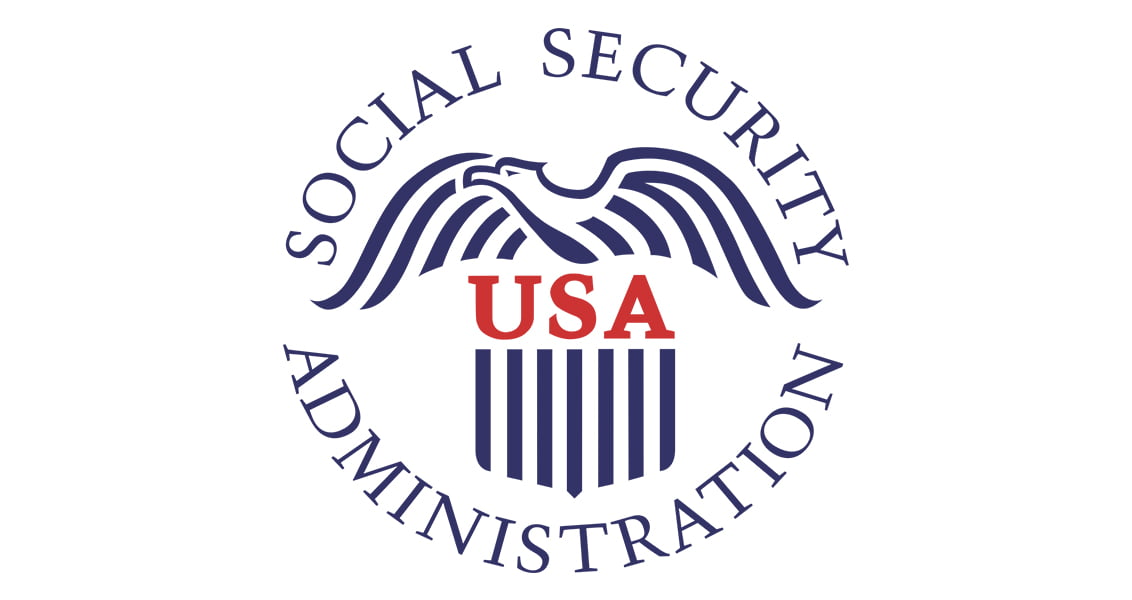
Who Pays the Employer Share of the Payroll Tax?
Laura D. Quinby, Gal Wettstein, and Karolos Arapakis, Boston College and Glenn Springstead, U.S. Social Security Administration
Many proposals to address the long-run solvency of Social Security suggest increasing the payroll tax. Economic analyses of these proposals typically assume that workers pay both the employee and the employer share through lower wages. However, the true incidence of the payroll tax is unclear. If workers adjust their labor supply in response to lower wages, tax increases – regardless of whether they are levied on workers or employers – burden both groups, reduce employment, and lead to less revenue than anticipated. This project will help estimate how much of the tax is passed to workers through lower wages, and whether employment declines, impacting revenue raised.
The analysis will use the Continuous Work History Sample (CWHS) to evaluate the effect of the payroll tax on wages and employment. It will exploit the fact that the tax rate rose continuously throughout the 1980s before stabilizing in 1990, where it remains today. The analysis will develop a difference-in-differences framework to compare the post-tax earnings and employment of covered workers in the CWHS relative to those who do not have Social Security coverage (and were therefore unaffected by the tax increase).



